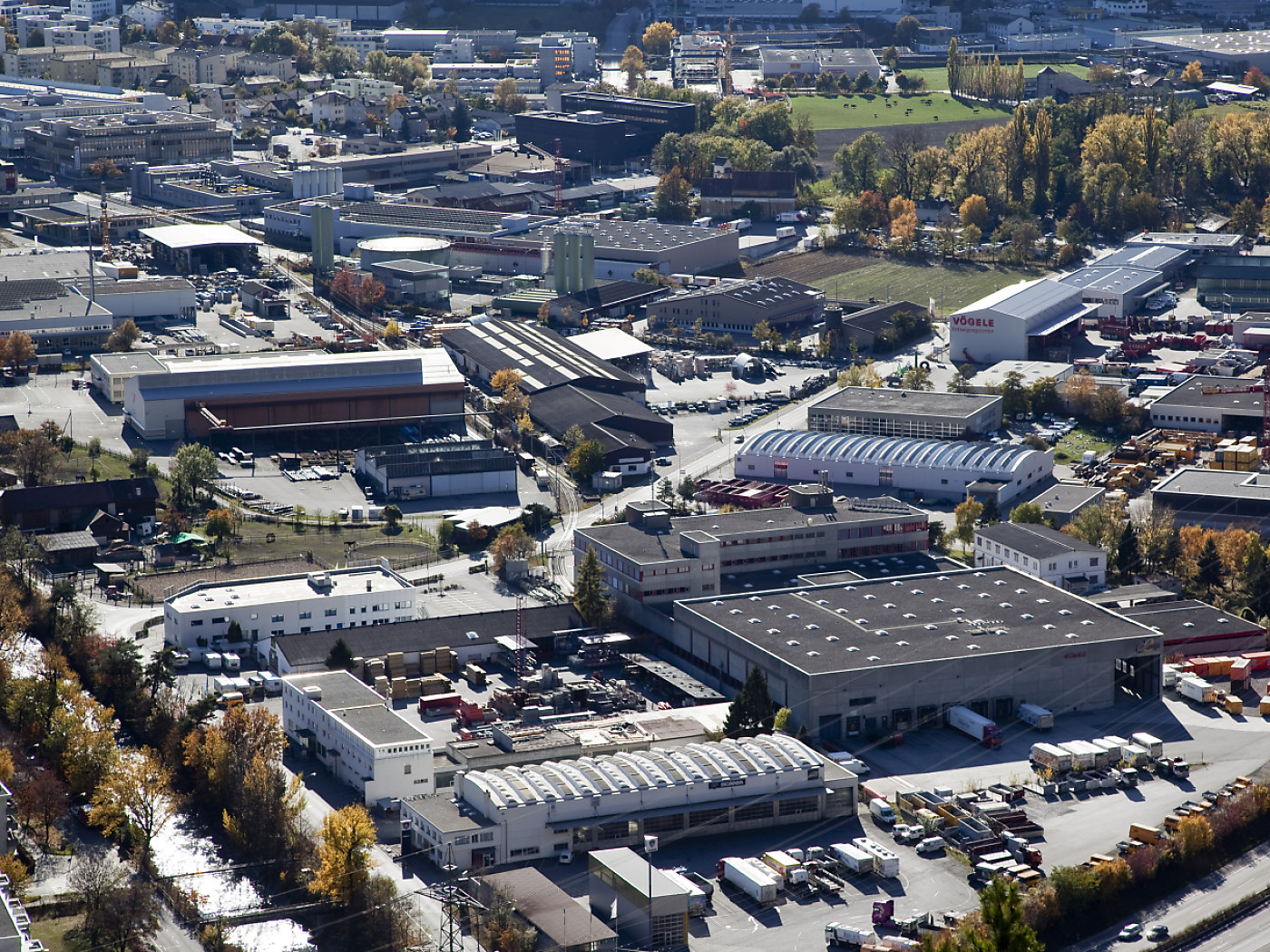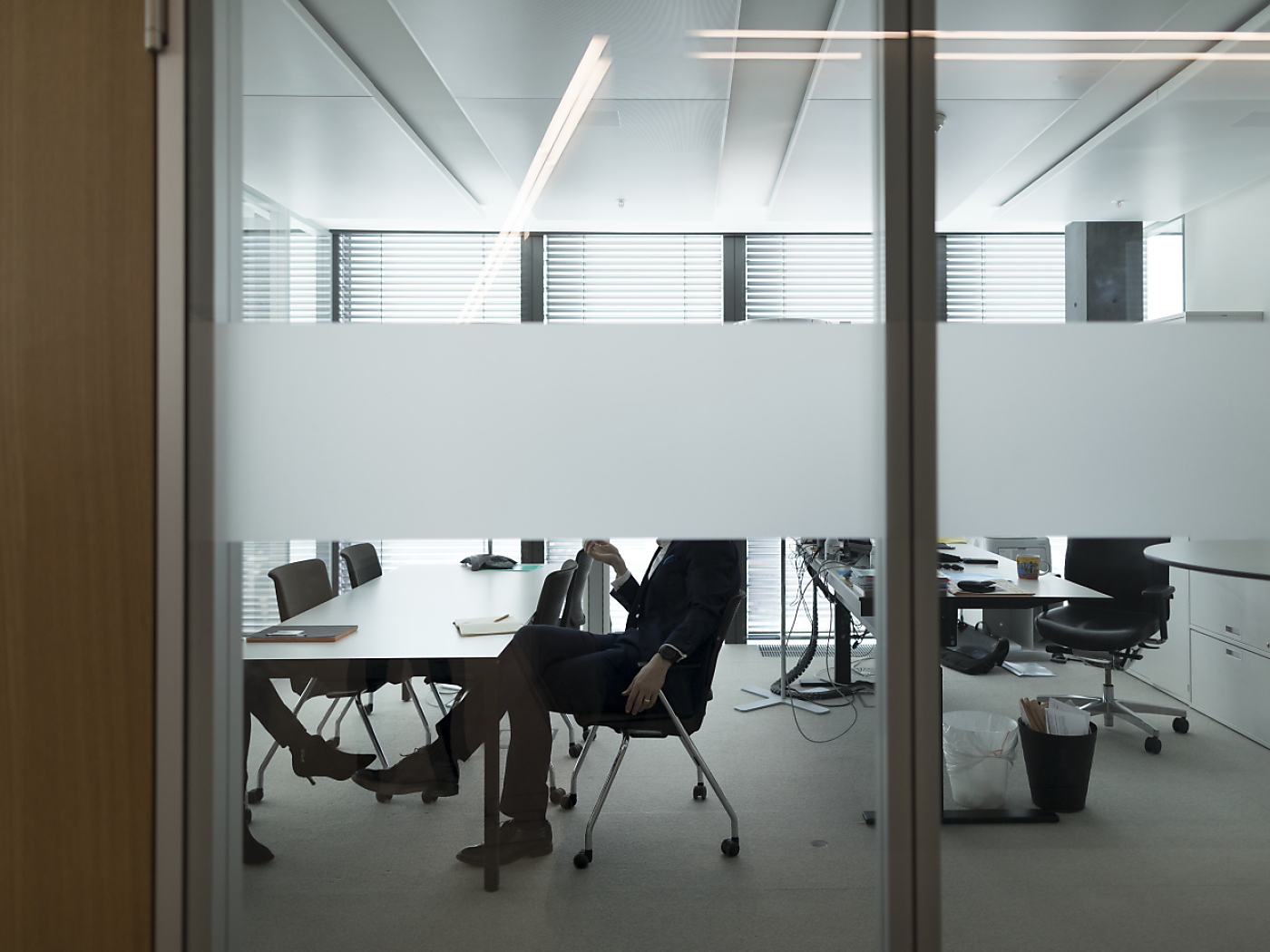Mixed reaction to the end of Swiss Covid measures

While most business groups, political parties, and interest groups are pleased about the lifting of Covid restrictions in Switzerland, some are wary about opening up too fast.
After the government announced yesterday the end of almost all protective measures against the coronavirus, reactions were mainly positive. Economiesuisse, the country’s biggest business federation, and the Swiss retail branch said they backed the end of mandatory mask-wearing in indoor spaces, even if in certain cases it can be maintained if necessary.
The Swiss Union of Small and Medium-Sized Enterprises (USAM) went further, saying the decision was a victory for the persistent pressure by business lobbies to ease restrictions. It also called for a review of what it called the “flawed assessments” made by the official Covid-19 scientific taskforce, who they claimed had predicted a more dire situation that what actually came about.

More
Switzerland lifts most Covid-19 restrictions
The president of Gastrosuisse, meanwhile, which represents Swiss restaurants and hotels, said that while the situation remained difficult, “there is huge joy in the sector that it’s again possible to serve all clients” – i.e. also those who were previously excluded due to not holding a valid Covid certificate.
Major political groups also largely welcomed the step, with the country’s biggest party, the right-wing People’s Party, saying that it wasn’t enough. It wants to scrap the remaining mask obligation on public transport, and immediately end the situation of “special” government powers under the epidemics law.
The government said on Wednesday that the end of the special situation, which will come as a more of a symbolic step at this point, would happen by April 1, if the situation allowed, along with scrapping the mask obligation on public transport.
On Thursday, a survey of over 33,000 people about attitudes to covid in Switzerland was published by research group Sotomo, commissioned by the Swiss Broadcasting Corporation (SBC). And the 10th Corona-Monitor, though carried out in the weeks before the government’s decision, nevertheless gives an idea of the public reaction.
According to the survey, never since the start of the pandemic has general optimism about the evolution and outcome of the coronavirus crisis been so high as at the start of February 2022 – exactly half of those surveyed said they were either “very optimistic” or “rather optimistic”, while just 16% were “pessimistic”.
As for government measures, just 28% of those surveyed thought a lifting of measures at this point (i.e. early February) would be “premature”, while 39% would have liked to see it happening even faster. As for masks, slightly over half would like them to remain required in shops, while 62% felt they were still necessary on public transport.
Trust in the government’s health policy, although not as low as its worst point (33%) in January 2021, has nevertheless slid from 53% to 45% since last October.

Health concerns
But not everyone is overjoyed about a quick return to normal. Yesterday, an interest group representing “at-risk” parts of the population told the Tages-Anzeiger newspaper that the “fast and radical” opening plans were “a big shock”. The group wants measures to help them, like specially-protected compartments in trains, or better networks to connect at-risk communities.
The Swiss Cancer League is also critical about the speed of opening up: certain groups, such as cancer patients, still aren’t fully protected from the virus even with three vaccination shots, and must now continue to try to protect themselves from infection; a step-by-step opening would have been more welcome, said a spokeswoman for the League.
Politically, the left-wing Social Democrats and Greens, who welcomed the mask obligation in public transport, added that they would have preferred to see it still applicable in shops too, given that the daily Covid case numbers in Switzerland remain so high.
And individual institutions from the culture sector are not all planning to drop the current rules straight away. In Zurich’s opera house, as well as its partner Bernard Theatre, a mask obligation will remain necessary, the group said, basing its decision on the “safety needs” of the public.
It’s a decision which might indeed be responding to a certain demand. On Thursday, a new hashtag was trending on social media, posted by those apprehensive about the speed of the change: #ohnemaskeohnmich (“no mask, no me”). They pledge to continue wearing protective coverings inside and outside, where necessary.
Office and public transport
And with the home office “recommendation” now also falling away, the Travail.Suisse trade union warned against a sudden reversion to “presenteeism”, where workers feel pressured to be at their desk every day, even when not feeling totally healthy. It called on employers to remain flexible in allowing workers who feel sick to stay at home.
Meanwhile, public transport organisations weren’t too happy about being landed with this exceptional status, said the Director of the Public Transport Association on Wednesday. He fears new difficulties in communicating the mask-wearing rule, with the increased pressure landing on public transport employees.
On Thursday morning, at least in Swiss capital Bern, there were no reports of commuters breaking the rule on trams, buses and trains, the Keystone-SDA news agency said – even if in the station itself, and at stops and other areas where masks were previously obligatory, plenty of people were again showing their faces.

In compliance with the JTI standards
More: SWI swissinfo.ch certified by the Journalism Trust Initiative




















You can find an overview of ongoing debates with our journalists here . Please join us!
If you want to start a conversation about a topic raised in this article or want to report factual errors, email us at english@swissinfo.ch.